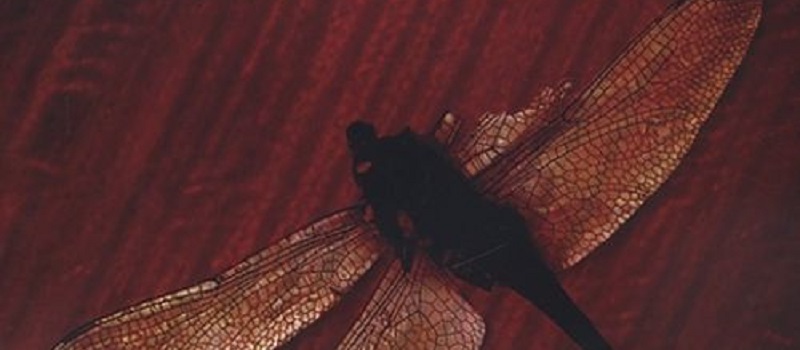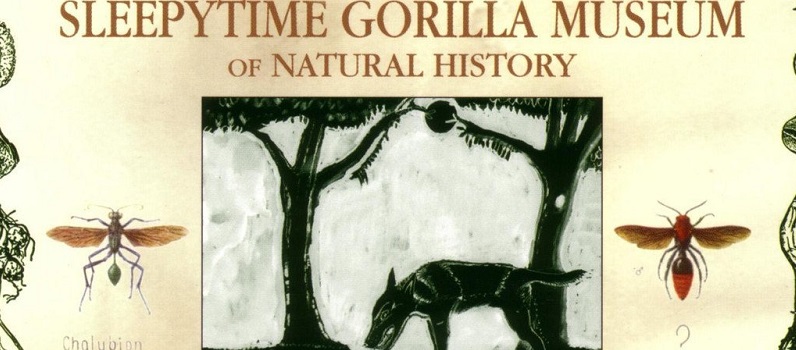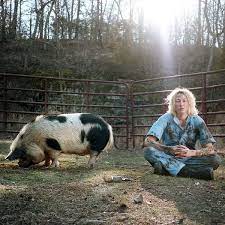Led by vocalist Kalle Grahm, whose voice is both new but familiar, Ronderlin carefully weaves pop narratives that seem to be fairly comfortable in the Brit/Euro-pop tradition.
But their full-length debut on Hidden Agenda is filled with more than its share of surprises. The record seems to be divided into two parts; the first four songs are somewhat formulaic but catchy pop, all warm, multi-layered electric guitars, occasional organ-like flourishes on keyboard, and emotive vocals.
The record takes a clear shift, however, with “Icy Fingers.” The record’s shortest song – clocking in at just 1:31 – “Icy Fingers” is almost an interlude for voice and piano, a chance for a multi-tracked Grahm to unwind over piano that hints at not only the poppy bounce and swing of Ben Folds, but also the chilling and spare measures of Erik Satie.
After ringing “Icy Fingers,” the record seems to stretch itself out. “Time for Farming Soon” uses a backdrop of piano and electric guitar solos to add a sense of atmosphere that was lacking on the record’s first four songs.
While the band hints at Belle & Sebastian and Badly Drawn Boy in the early moments of the record, “Time for Farming Soon” and “She Stays at Home” could be a more pop-conscious version of Varnaline or Pell Mell. On parts of “Summer Likes the Wind,” you’re almost expecting to hear Michael Stipe sing and find yourself in the midst of REM’s Reveal.
And details like the nearly-Tex-Mex bass-and-guitar playfulness of “Sweet Nothings” are an interesting counterbalance to earlier material that could be written off as mild ear candy.
And then there’s “The Man with the Magpie.” Starting with the finger-picked lead of an acoustic guitar, the song unfurls itself as a deceptively simple folk ballad of sorts, Grahm leading the way over a carefully landscaped territory of understated acoustic guitars and subtle backing vocals. Midway through the song, when you think the acoustic guitar and vocals are the most heartbreaking thing you’ll hear, in enters a bridge that tonally sounds at once Asian and Native American. You’re left wishing the band extended the song’s two minutes and four seconds over the entirety of a disc.
Lyrically, the record seems to be hit or miss. Grahm is, for the most part, a romantic with both a capital and lowercase R, and his songs are interesting observations on love, loss, and longing. But while the words are sometimes fitting or engaging (“How sad in a way to know all the things that you know, how dark your night / But sudden a change, and flashes of green, you tell me / You’ll suffer spring no more”), other times they seem too vague or oversimplified (“We are all the same she said / But some die young and some get old / Our love will last more than a day”).
His voice, a warm presence over music that is already warm and welcoming, seems more than able to make up for it.
In a word, shimmering. In two words, for fans of emotive Brit pop and music that depends on soft vocals and inviting electric guitars, buy it. – Delusions of Adequacy, May 12, 2003
-30-




